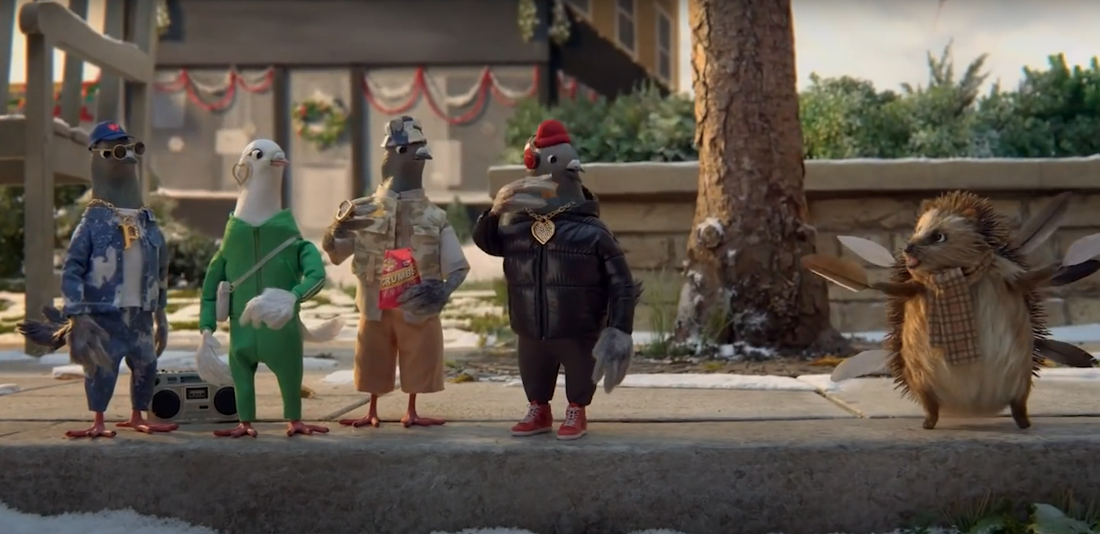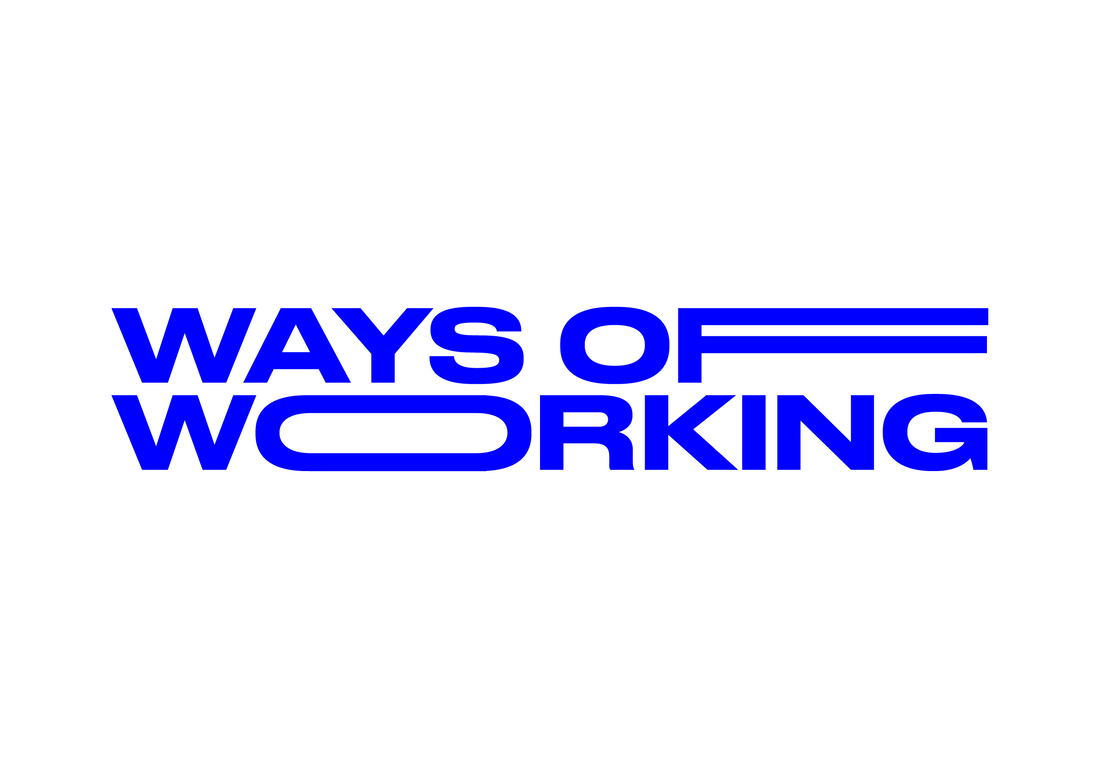|
It goes without saying that we are living in uNpReCeDeNtEd times; the Coronavirus pandemic has affected our lives more than we could possibly ever have imagined. What was once a small news story of a distant viral outbreak in Asia, has now manifested its way into almost every facet of our everyday lives. Even our dictionary has seen some new additions, such as terms like ‘social-distancing’, ‘flattening the curve’ and even ‘Zoom’. The global crisis has forced both individual and businesses alike to adapt and change in order to survive. Mental health was already a hot topic before the worldwide upheaval took effect. However, it has become an increasingly salient subject in the wake of events such as lockdown, which really took its toll on many. It was made clear by the government to follow their guidelines which initially only allowed for half an hour of daily outdoor exercise. Therefore, it was only natural that over 60% of adults said their mental health suffered during the first lockdown, according to mental health charity, Mind. There were also rules instilled refusing meeting with others outside of one’s household. The news showed saddening footage of family members visiting their loved-ones through windows. With all these restrictions, I hence find the term ‘agency’ somewhat of an oxymoron. That being said, there have been many positive things to arise from the virus. I was intrigued to discover how companies took the pandemic in their stride and managed to change their business models in order to survive with a real sense of agency. I don’t know about you, but I am a big fan of coffee shops. It’s often thought of as the office for many freelance workers. So when the news broke that they would be required to shut up shop for the duration of the first lockdown, I felt somewhat disheartened. One of my favourite places to go is the popular sandwich chain, Pret. Ambiance aside, I am partial to their turmeric lattes and tasty cookies. It was interesting to see how this company would embrace the challenges brought on by the virus. CEO, Pano Christou, described Covid-19 as ‘an opportunity’. Pret capitalised on the fact that take-away sales rose dramatically over the lockdown period, with 60% of 18-24 year olds claiming their use of online delivery services, such as Uber Eats and Deliveroo, has increased. Once non-essential shops were allowed to re-open, along with their revised business model of solely operating as takeaway and delivery, Pret decided to offer a ‘Heat at Home’ range. This allows their customers to enjoy their food from the safety and comfort of their own homes. Pret was also one of the first food chains to offer a significant discount to key workers, such as NHS staff. In order to try and positively impact their lives, the brand offered these essential workers free hot drinks and up to 50% off the price of all other items. Many companies were quick to follow suit and also offered discounts to key workers. However, in my opinion it was often the case that the discount was too small to really make a difference and thus could be interpreted as merely a performative gesture. Truly authentic brands, such as Airbnb, absorbed the cost of their gestures in order to really make an impact on the lives of key workers. Airbnb decided to restrict all rental bookings to key workers and were able to provide over 1,200 free stays to frontline medical workers in the UK during the initial lockdown. I am currently writing this as we are in the midst of the second lockdown in the UK. This time around the weather isn’t so pleasant as the first, and has naturally led to the majority of people spending more time indoors. It is also that time of year when brands launch their Christmas campaigns and advertisements. The highly anticipated John Lewis advert was released last week and has produced mixed feelings towards the two minute animation. I personally feel the ad has managed to encapsulate everything we need at this point in time. Unveiled on National Kindness Day, the message is simple: ‘Give A Little Love’. Typically, the John Lewis Christmas advert usually hints towards…well Christmas. However, executive director of Waitrose, James Bailey, stated ‘Our advertising this year will leave a lasting legacy and in that way we hope it won't just be for Christmas’. Throughout this calamitous year, there have been examples where a real sense of community is demonstrated, whether it was the weekly clapping for our carers, or assisting the more vulnerable. The message of giving back is one most definitely needed at this time. Whilst there are subtle hints towards the virus and the ‘new normal’ that has come about because of it, the advert does well to steer clear of adding to the constant, inescapable reminder of the virus projected by all media sources. Amazon, though, focused their entire narrative around the pandemic. Perhaps this is because they saw a gigantic surge in online deliveries since the virus threatened the existence of brick and mortar. According to the latest McKinsey report, e-commerce managed to achieve what they did in ten years in eight weeks. Eight weeks. This staggering advancement in online shopping has since made founder, Jeff Bezos, the wealthiest man in the world. The Amazon Christmas ad shone a spotlight (excuse the pun) on empowering oneself and embracing the challenges brought upon by the pandemic . This message is of equal importance to John Lewis’. Whilst Amazon may be a large contributor to the pitfall of consumerism, they sure can make a heartwarming Christmas spot. These adverts provide much needed uplifting entertainment in between one’s favourite shows. So whilst this is not at all how I envisioned my year in industry, I can only follow the examples of the brands above and try my best to embrace the unknown, to give back and accept this is the ‘new normal’ for now, at least… Abi Baker Smith
Graphic Branding & Identity @abs_graphics / @abs_fine_art
0 Comments
Leave a Reply. |
Archives
December 2021
Categories |



 RSS Feed
RSS Feed
